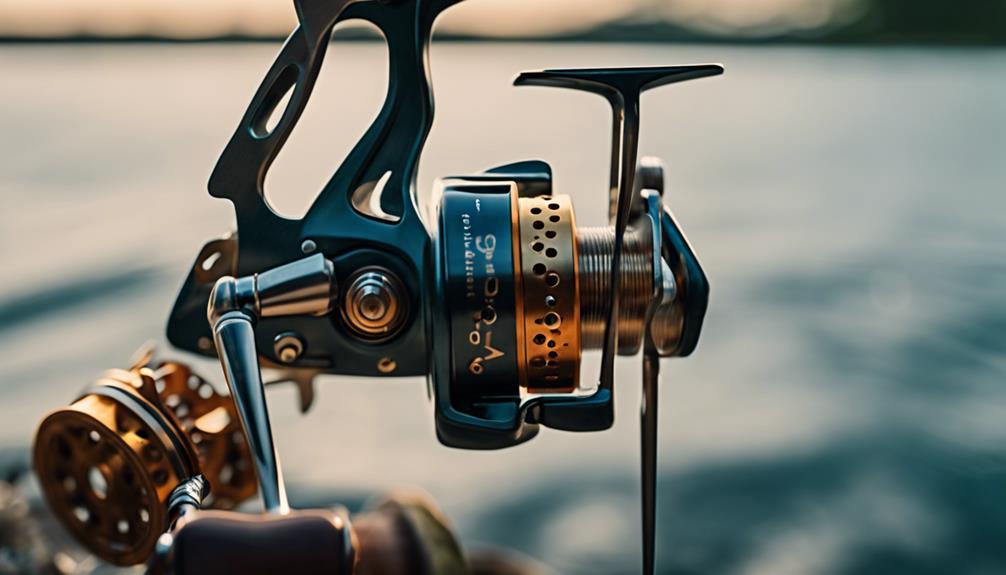Fishing is one of the most popular outdoor activities enjoyed by millions around the world. However, before you cast your line into a river, lake, or ocean, it’s essential to understand the regulations surrounding this beloved pastime. One of the key requirements in many places is obtaining a fishing license. In this article, we will explore why you need a fishing license to fish, the benefits it provides, and how it contributes to sustainable fishing practices.
Legal Requirements for Fishing Licenses
In most jurisdictions, a fishing license is a legal requirement that allows individuals to fish in designated waters. These licenses are issued by state or provincial wildlife agencies and are designed to regulate fishing activities. The primary purpose of requiring a fishing license is to ensure that anglers adhere to local laws and regulations. This includes following specific rules about catch limits, fishing seasons, and the types of gear allowed. By obtaining a fishing license, you are not only complying with the law but also supporting the management of fish populations and their habitats.
Conservation Efforts and Sustainability
One of the most significant reasons for needing a fishing license is its role in conservation efforts. The funds generated from fishing licenses contribute to vital programs aimed at preserving aquatic ecosystems. These funds are often used for habitat restoration, fish stocking, and research initiatives that monitor fish populations and their health. By purchasing a fishing license, you are playing an active role in the conservation of aquatic environments, ensuring that future generations can also enjoy fishing as a recreational activity.
Supporting Local Economies
Fishing licenses also play a crucial role in supporting local economies. The revenue collected from fishing licenses is often reinvested into local communities through various programs and initiatives. This can include funding for local parks, wildlife management programs, and public fishing areas. Additionally, fishing can have a significant economic impact on local businesses, including bait shops, tackle stores, and fishing charters. When you obtain a fishing license, you are helping to sustain these businesses and contribute to the overall health of the local economy.
Promoting Responsible Fishing Practices
Obtaining a fishing license encourages responsible fishing practices among anglers. Many licensing agencies provide educational resources that inform individuals about ethical fishing techniques, such as catch-and-release practices and proper handling of fish. By promoting responsible fishing, licenses help reduce overfishing and protect vulnerable species. Moreover, by understanding and respecting fishing regulations, anglers contribute to the preservation of fish populations and the ecosystems they inhabit.
Encouraging Fairness Among Anglers
Another essential aspect of why you need a fishing license to fish is the promotion of fairness among anglers. Fishing licenses establish a level playing field by ensuring that all anglers are subject to the same rules and regulations. This helps prevent overfishing and ensures that everyone has an equal opportunity to enjoy the sport. When everyone adheres to the same regulations, it fosters a sense of community and respect among anglers, leading to a more enjoyable fishing experience for all.
Access to Exclusive Fishing Areas
Many states and provinces offer exclusive fishing opportunities to licensed anglers. These can include access to special fishing zones, stocked ponds, or private waters that are only available to those who hold a valid fishing license. By obtaining a fishing license, you unlock access to these unique fishing experiences, enhancing your recreational opportunities. This exclusivity can lead to more productive fishing trips and the chance to catch species that are not commonly found in public waters.
Understanding Local Fish Species and Regulations
When you get a fishing license, you often gain access to a wealth of information about local fish species and the regulations that govern them. Many licensing agencies provide resources that outline the types of fish available in specific waters, their conservation status, and the rules surrounding their catch. This knowledge is invaluable for any angler, as it enables you to make informed decisions about your fishing practices. Understanding the local ecosystem not only enhances your fishing experience but also fosters a sense of responsibility toward the environment.
Conclusion: The Importance of Fishing Licenses
In conclusion, the need for a fishing license to fish is rooted in legal, environmental, and social considerations. Obtaining a fishing license is essential for complying with local laws, supporting conservation efforts, and promoting responsible fishing practices. It helps maintain fair and equitable access to fishing resources, contributing to the sustainability of fish populations and their habitats. By investing in a fishing license, you are not only ensuring your right to fish but also playing a crucial role in preserving this beloved pastime for future generations. So, before you plan your next fishing trip, make sure to secure your fishing license and enjoy the many benefits it offers.
